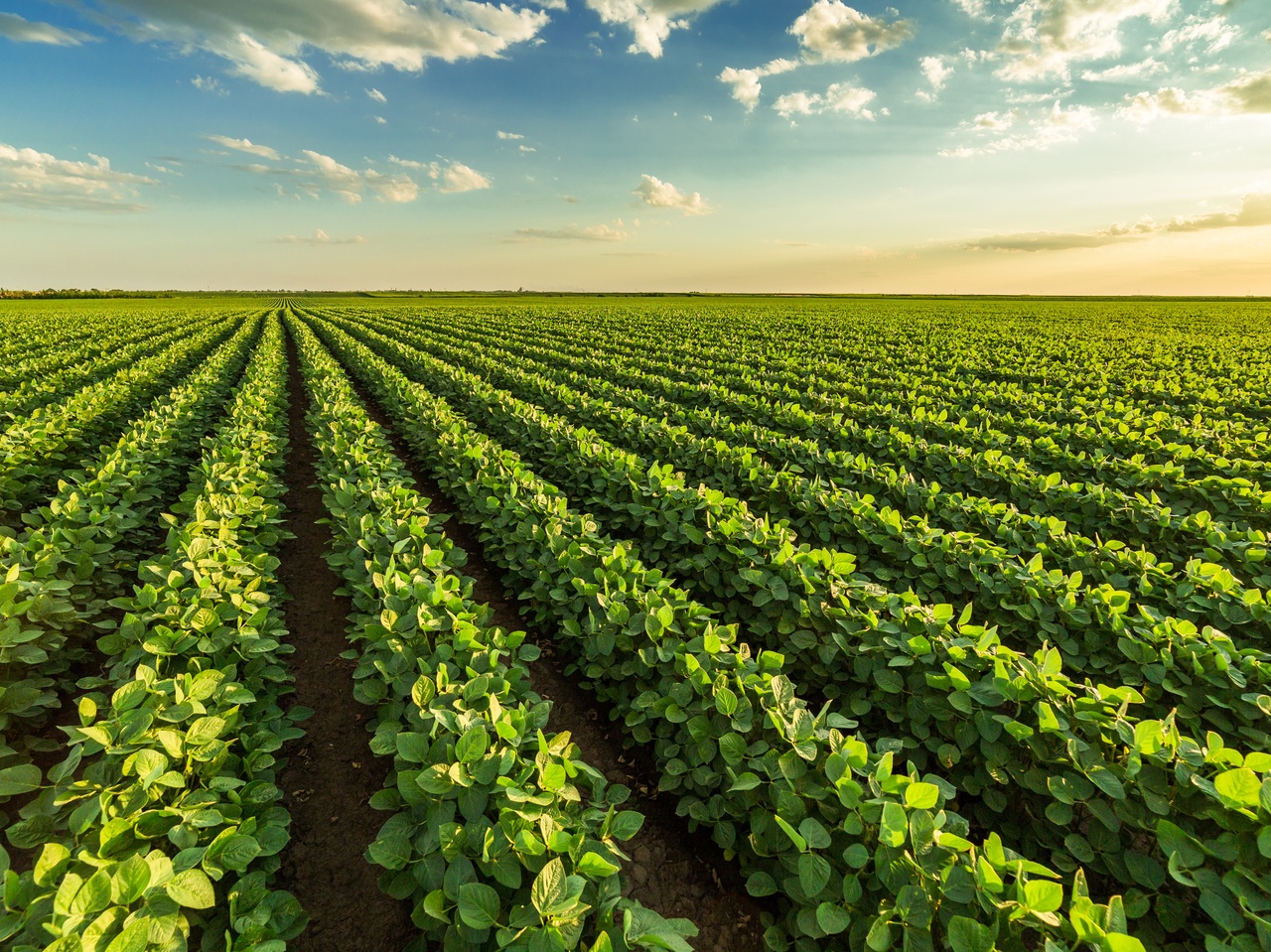Egypt’s agriculture is largely dependent on the Nile Valley and Nile Delta, which are the country’s only cultivable regions. The Nile Valley is also known as Upper Egypt, while the Nile Delta is known as Lower Egypt.
Egypt is one of the world’s most water-stressed countries, with annual rainfall as low as 80 mm. The country’s Ministry of Water Resources and Irrigation has encouraged farmers to use drip irrigation, which delivers water and nutrients directly to plant roots.

Al-Fayyūm:
Al-Fayyūm is home to agriculture farms that are integral to the region’s agricultural landscape. These farms take advantage of the fertile soil and the irrigation resources provided by the Nile River, allowing for the cultivation of various crops such as rice, corn, wheat, and vegetables. The unique feature of Al-Fayyūm is its large lake, which provides additional water resources for agricultural activities. In addition to crop cultivation, the farms in Al-Fayyūm also engage in livestock farming, including cattle, sheep, and poultry. The agriculture farms in Al-Fayyūm contribute significantly to the region’s economy, providing employment opportunities and sustaining livelihoods for many locals.

Banī Suwayf:
Banī Suwayf is known for its agriculture farms that are vital to the region’s agricultural industry. These farms are situated in the fertile lands alongside the Nile River, allowing for the cultivation of a diverse range of crops such as sugar cane, cotton, vegetables, and fruits like mangoes and olives. The farms in Banī Suwayf benefit from the Nile’s water supply for irrigation, ensuring successful crop growth throughout the year. In addition to crop cultivation, livestock farming is also prevalent in the region, with dairy farming and poultry production being common activities. The agriculture farms in Banī Suwayf play a significant role in supporting the local economy and providing employment opportunities for the community.

Al-Minyā:
Al-Minyā is home to several agriculture farms that play a crucial role in the region’s economy. These farms cultivate a variety of crops such as wheat, corn, vegetables, and fruits like citrus and dates. The fertile land and the Nile River’s proximity provide ample water resources for irrigation, essential for the successful cultivation of these crops. Additionally, the farms in Al-Minyā also contribute to livestock production, including dairy farming and poultry. Overall, agriculture in Al-Minyā is a key sector that sustains livelihoods and supports the local economy.

Asyūṭ:
Asyūṭ boasts a rich agricultural sector supported by numerous farms that thrive in the region’s fertile lands. These farms cultivate a variety of crops, including sugarcane, cotton, wheat, and vegetables, taking advantage of the nutrient-rich soil and the water resources provided by the Nile River. Asyūṭ’s farms are known for their advanced irrigation systems, ensuring efficient water distribution for crop growth. Livestock farming is also a significant aspect of agriculture in Asyūṭ, with farmers engaging in cattle, poultry, and dairy production. The agriculture farms in Asyūṭ not only contribute to the local economy but also play a crucial role in providing food security and employment opportunities for the community.

Aswān:
Aswān is home to agriculture farms that thrive in the arid landscape thanks to the fertile soil along the banks of the Nile River. These farms are known for cultivating high-value crops such as dates, citrus fruits, and a variety of vegetables using innovative irrigation techniques, including drip irrigation and water-saving practices. The warm climate and abundant sunshine in Aswān make it ideal for growing crops year-round. In addition to crop cultivation, the farms in Aswān also play a role in livestock production, particularly in raising cattle and poultry. Agriculture in Aswān not only sustains the local economy but also supports food security and provides employment opportunities for many in the region.

